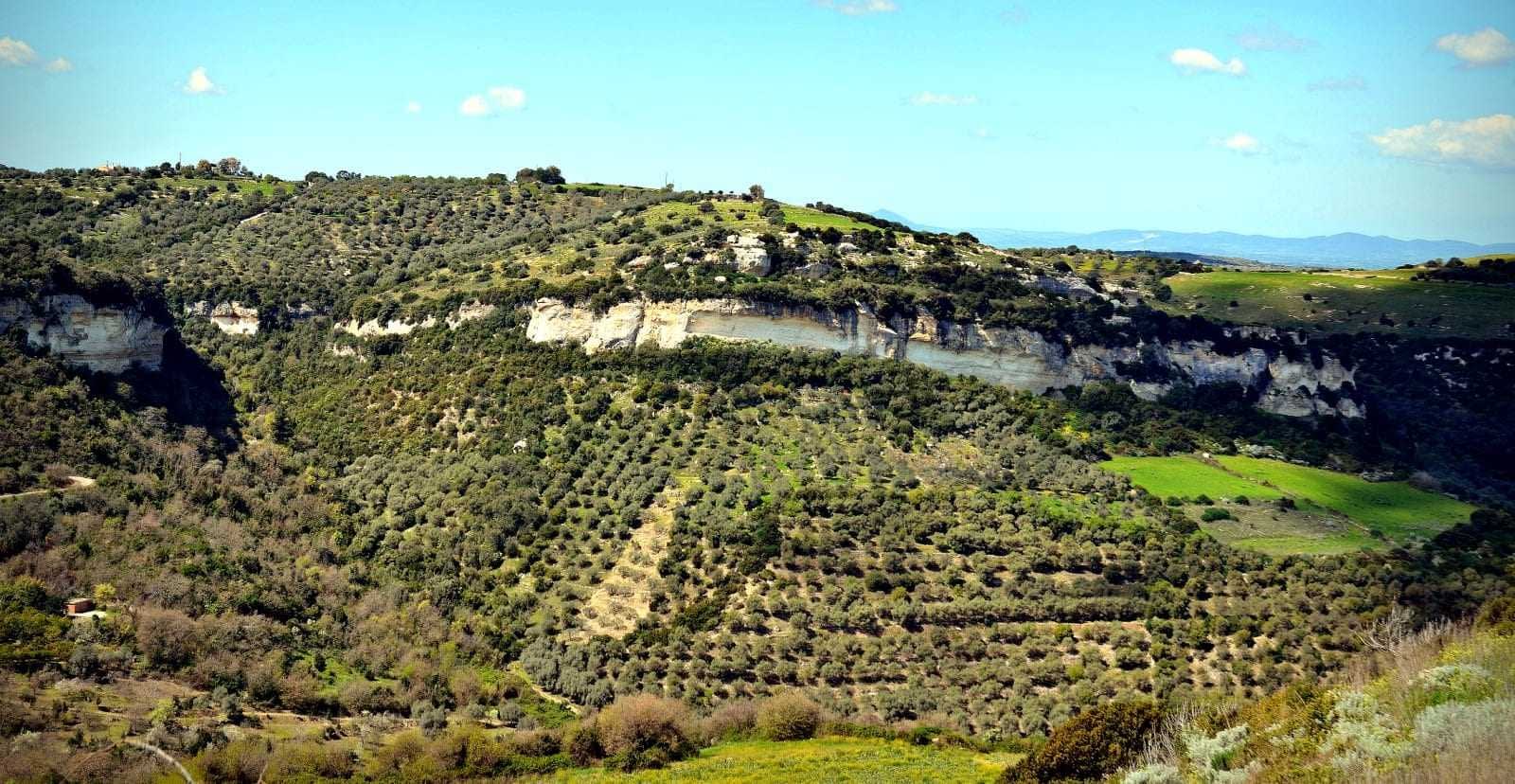Chanel Taps Bosana Olives from Sardinia for New 'Youth Serum'
The French brand Chanel has chosen ingredients from the Blue Zones of the world to formulate a new serum with antioxidant and rejuvenating attributes, including coffee from Costa Rica, mastic from Greece, and olives from Sardinia.
Skincare specialists for Chanel have selected ‘longevity ingredients’ from areas of the world where people live better and longer — the so-called Blue Zones — to include in the fashion house’s product range.
Chanel paid homage to the most valuable things that our land offers, through people and products of the territory.
Blue Zones are characterized by the adherence of their inhabitants to healthy practices and foods, some of which were chosen by the iconic French brand to formulate a new serum with antioxidant and revitalizing properties.
The formulation of the company’s new Youth Activator includes coffee from Costa Rica for its anti-inflammatory attributes, mastic from Greece rich in oleanolic acid, and olives from Sardinia for their high concentration of polyphenols and essential fatty acids.
Sardinia’s councilor of tourism, crafts, and commerce, Francesco Morandi called the selection “a gratifying and unusual recognition of unique and extraordinary environment, nature and productions of the island.”
“Moreover, it perfectly fits into the vision focused on quality of life in Sardinia, which is actually at the base of the region’s promotional campaign worldwide. The choice of the fashion house Chanel paid homage to the most valuable things that our land offers, through people and products of the territory,” he told Olive Oil Times.
The native variety Bosana in the new anti-aging product is identified as one of the elements responsible for the longevity of inhabitants of the Mediterranean island.
“From the most widespread variety of the island, especially in the Northern area, we obtain a medium fruity extra virgin olive oil,” said Leonardo Delogu, a producer and miller in Ittiri, in the province of Sassari. “Herbaceous, with prevailing notes of artichoke and cardoon and hints of fresh almond and tomato, the Bosana monovarietal has balanced bitterness and pungency.”
Delogu and his brother Baingio manage almost 50 acres of olive groves with 1,500 secular olive trees belonging to their family for generations.
The local double-aptitude variety (it can be used for table olives and olive oil) are harvested soon after veraison and just before the olives are fully ripened. The largest fruits are chosen for table olive production.

The Delogu farm in Ittiri
“We wash them with running water and soak them in a 3 percent brine solution (1.06 oz of salt per liter of water) for three or four days. This procedure must be repeated three or four times before finally dipping them in a 10 percent brine solution (3.5 oz of salt per liter of water),” Delogu said.
The olives manufactured this way must be stored in terracotta or glass containers kept in a cool place. After six months, they can be consumed and throughout the year they gradually lose their bitterness.
“Our tradition suggested the best pairings,” Delogu observed. “Toiling in the fields, our grandparents drew energy and comfort from snacks based on plain bread and Bosana olives.”



